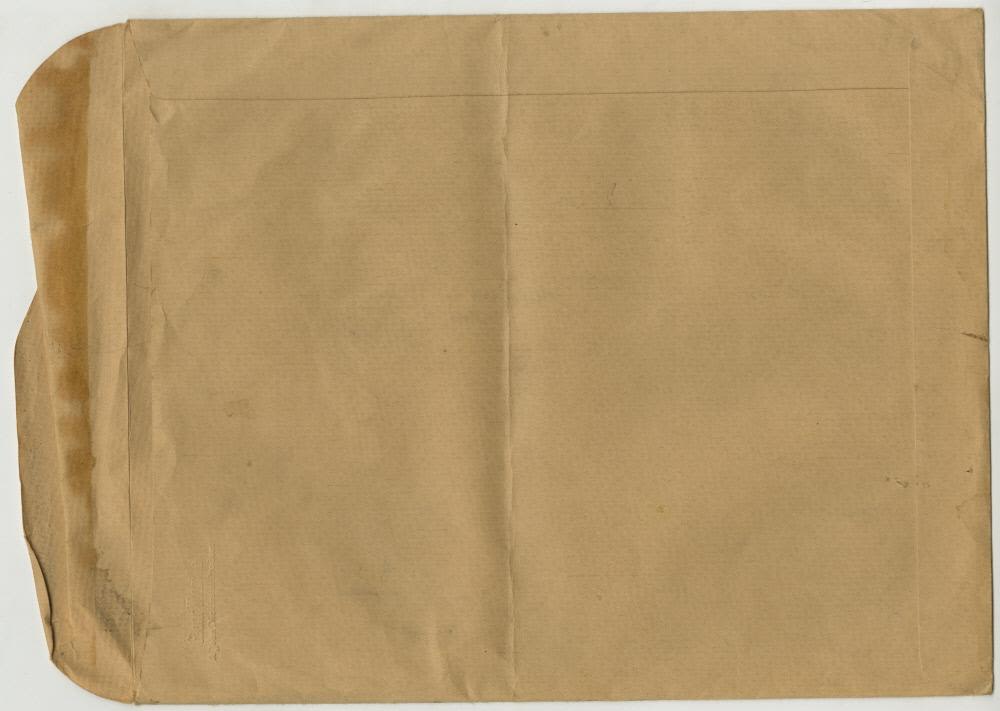The Camberwell Inner London Educational Authority (ILEA) collection is comprised of around 6000 design objects and their accompanying archival documentation to form traces of the government-funded Circulating Design Scheme. The scheme was in operation from around 1951 to 1976, and its end coincided with early attempts at ILEA’s abolition.
The Circulating Design Scheme was a handling collection lent to school teachers across London to use as teaching aids in their classrooms. The scheme was well-resourced, and the c.6000 objects that remain are a small percentage of what the collection would have been in its original formation. Between 2015-2017, a selection of these objects were photographed by Ben Mullins and Julia Parks, in collaboration with curator Jacqueline.
Follow us
Contact us
As part of my Bridging the Digital Gap traineeship, I had the opportunity to increase our knowledge of the collection and further support online access to it by digitising and cataloguing its associated archival material. The Camberwell ILEA Archive consists of contemporary photographs, record cards and other documentation that enrich our understanding of the object collection, including:
- How these objects were curated both physically and intellectually, in purpose-built display cases.
- Which London schools the cases visited, and when.
- Where the individual objects were originally sourced from.
- Which objects went missing or were broken during circulation, and when.
- In many instances, who the photographers of the cases were.
At the time, each photograph served “as a catalogue to enable schools to check the contents of the case...at frequent intervals.”
The record cards similarly served as a kind of working catalogue, logging where and when cases travelled, as well as where the objects were sourced from.
Occasionally, we also found paper slips that indicated missing items, some of which are dated.

It was a fascinating process working with Jacqueline using the existing documents to better understand the scale of the scheme and its curatorial development. All of this contextual information (or descriptive metadata) supported the drafting of rich catalogue entries to enable future research.
However, as we began to catalogue these newly digitised records, the COVID-19 pandemic escalated, and the archives team had to transition to working remotely. While our access to the physical ILEA archive was suspended, we still had access to its digital surrogates. By referencing these image files, we were able to continue the cataloguing process. This process has brought to light a few reflections on the materiality of digitisation:
- Scanning methods where both (1) the resolution is high and (2) shadow is unavoidable can actually emphasise the textures of the material object.
- The cataloguing process remained possible because archive and museum cataloguing standards privilege ‘informational value’ over ‘artefactual value'.
- Artefactual value might in contrast, be prioritised in spaces like the Materials and Products Collection at Central Saint Martins, or at London College of Fashion.
- Laura Angelo and the conservation team at The UK National Archives are analysing some of their collections at a material level to research the historical development of material practice, creating large volumes of ‘artefactual metadata’ but finding it challenging to connect this ‘artefactual metadata’ with existing catalogues (there is a complementary project taking place there, on the topic of wax seals).
- The curious feeling of cataloguing the archive of a handling collection using its digital counterparts!
The Camberwell ILEA Collection and Archive together offer insight into mid-century design of mostly Western European craft and industrial processes. They also highlight themes of curation, pedagogy and government-funded educational schemes. The ILEA Collection is available to view here, and the ILEA Archive can be viewed here.
For further details about the Camberwell ILEA Collection and/or Archive, please contact Jacqueline Winston-Silk j.winstonsilk@arts.ac.uk. (Please note that physical access to the collections is suspended until further notice due to the COVID-19 pandemic).
Keep in touch via our Twitter and Instagram, or email us directly: archive-enquiries@arts.ac.uk.
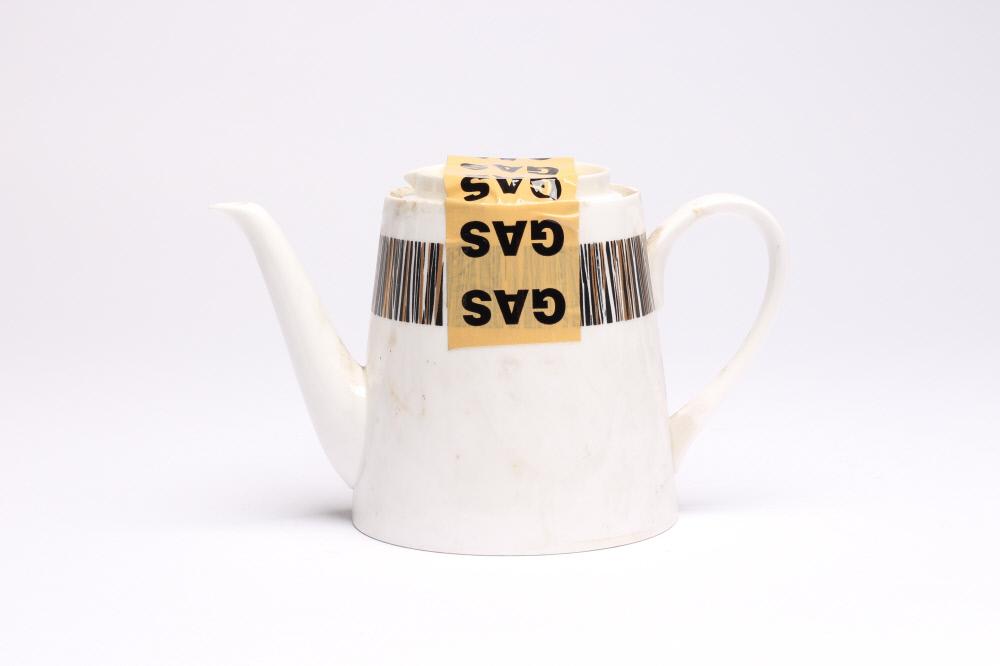


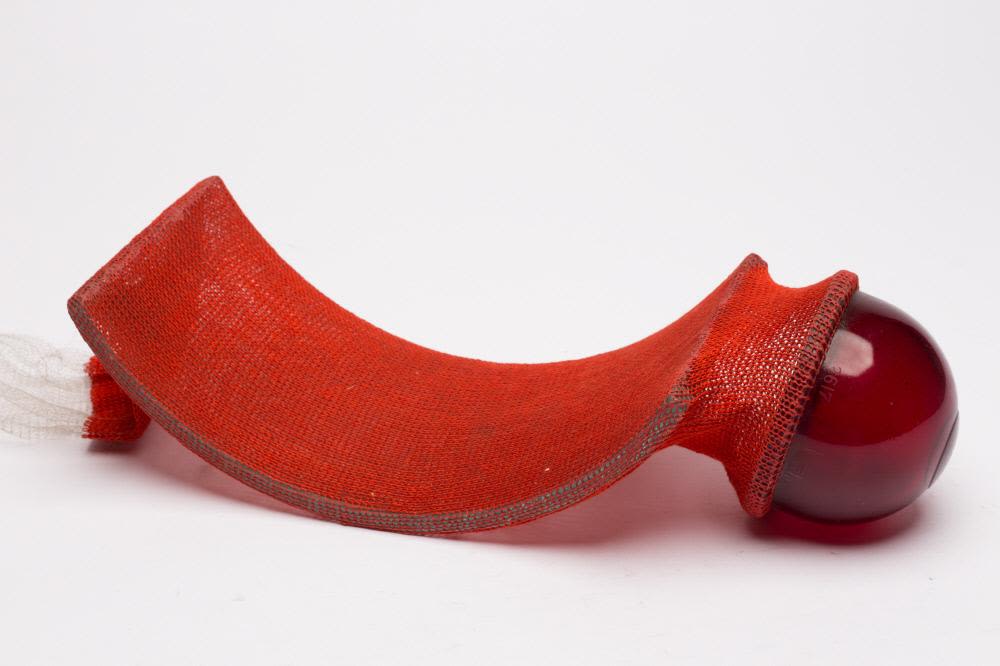
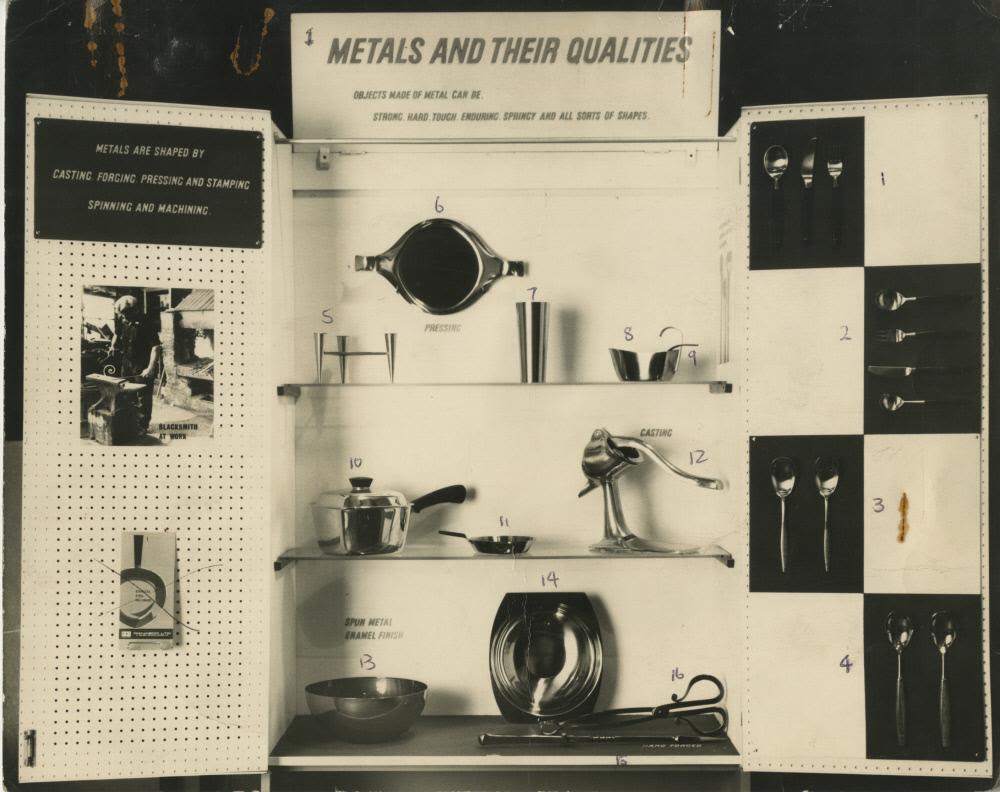
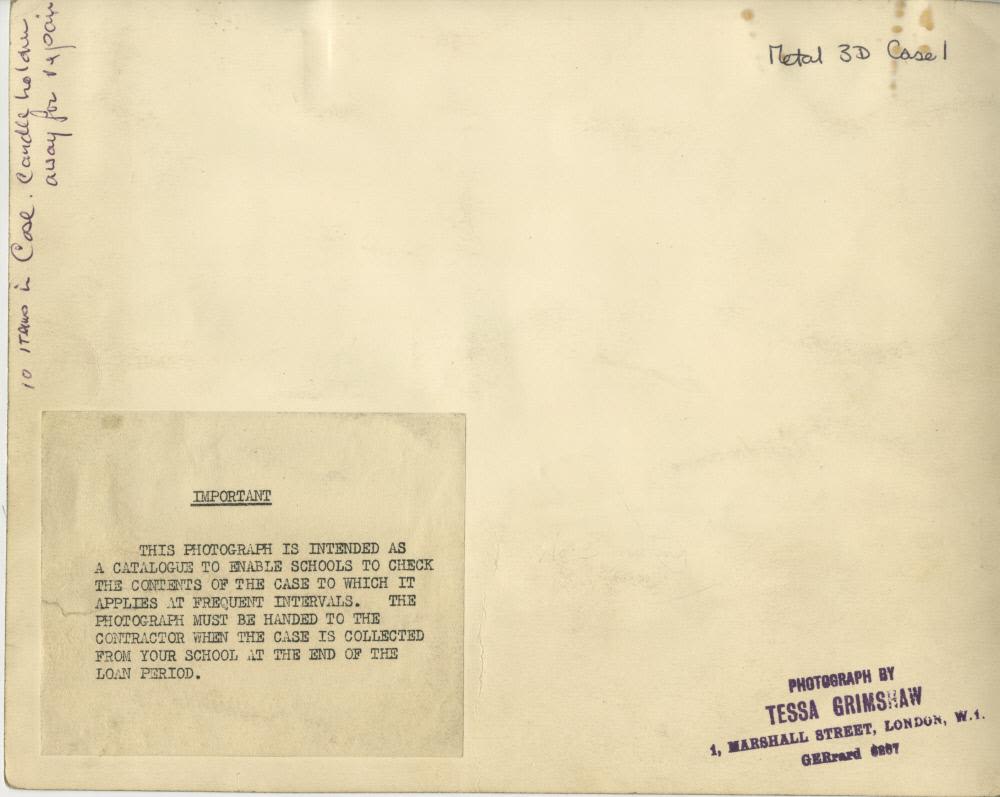
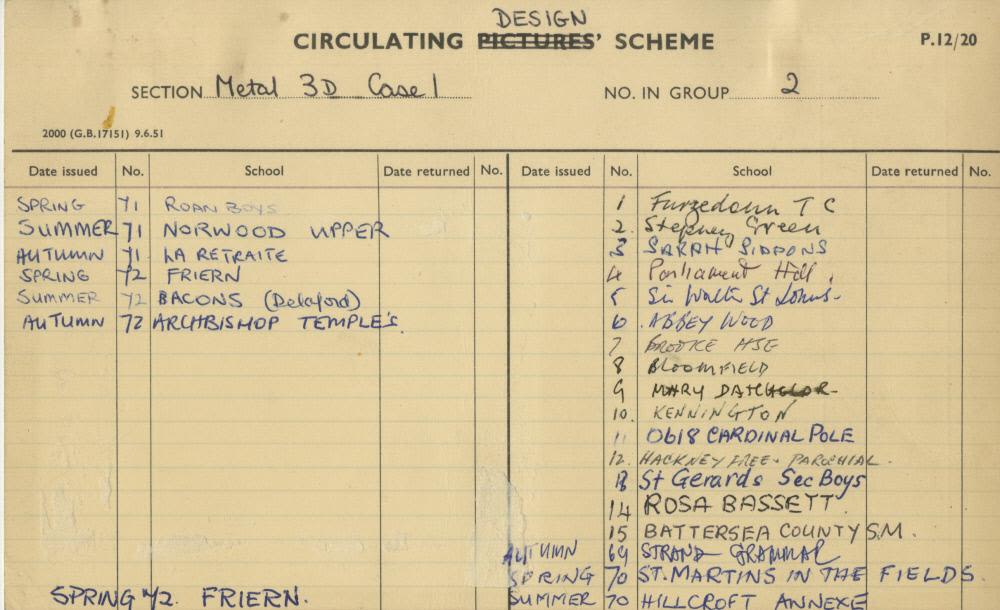
![Record card for a ‘Metals and their Qualities’ display (reverse). ILEA Collection IA_M3D_1_R.]](https://ual-media-res.cloudinary.com/image/fetch/w_auto:breakpoints/https://www.arts.ac.uk/__data/assets/image/0019/215038/IA_M3D_1_R_b.jpg)
![Envelope containing photo, record card and documentation for a ‘Pottery Surface Decoration’ display (front). ILEA Collection IA_P6F1_D2.]](https://ual-media-res.cloudinary.com/image/fetch/w_auto:breakpoints/https://www.arts.ac.uk/__data/assets/image/0020/215039/IA_P6F_1_D2_a.jpg)
